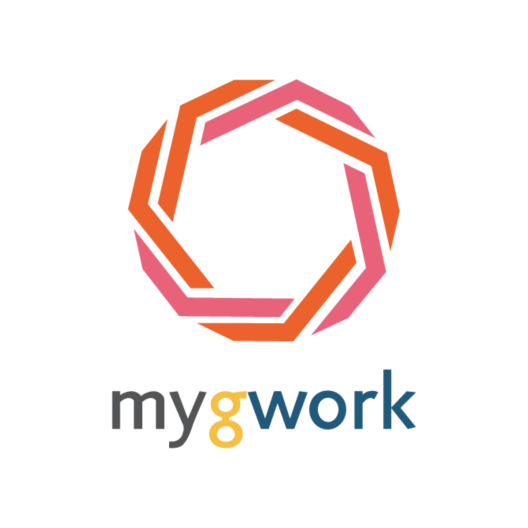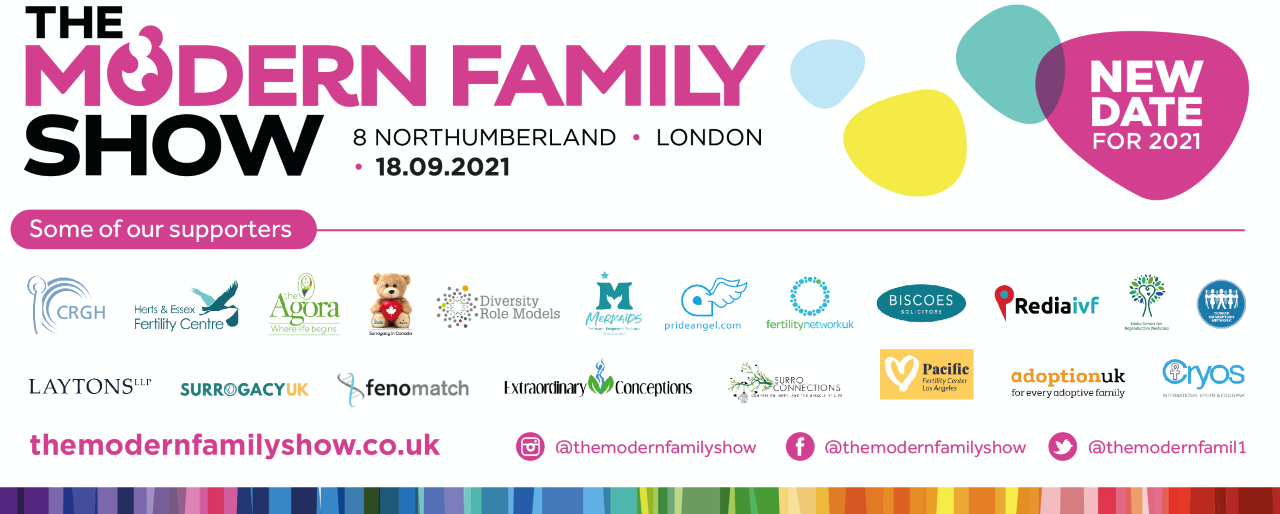
Openness and depression are both on the rise amongst LGBTQ+ professionals in the UK, reveals study
News
A new study carried out by myGwork to mark Mental Health Awareness Week in the UK sheds light on the mental health challenges faced by LGBTQ+ professionals both in society and at work.
The preliminary findings of the global study, led by social psychologist and LGBTQ+ mental health researcher Marc Svensson, uncover startling statistics that underscore the urgent need for societal and workplace support. Here are just a few of the headline findings for the UK:
LGBTQ+ professionals experience higher rates of depression
The survey findings revealed that almost half (45.3%) of the UK survey respondents reported being diagnosed with depression at some point in their lives. This percentage rises to 60% for trans and non-binary respondents.
Moreover, more than a quarter of the participants were in serious psychological distress. In fact, 26.9% of respondents currently reported symptoms of nonspecific serious psychological distress, which means they are likely to have a diagnosable mental illness severe enough to cause functional limitations and require treatment.
When questioned how they rate their current mental health, only 7% gave their mental health a top score of 'very good', whilst 36.3% said 'good' and 30.3% 'adequate’. However, 22.4% considered their mental health 'poor' and 4% answered 'very poor'.
The study paints a sombre picture of the wellbeing of LGBTQ+ professionals in the UK today. It's worth noting that mental health in the general UK population is also deteriorating due to various factors, including the global financial climate, political instability, and accelerating climate breakdown, as well as insufficient access to adequate mental health care. However, these findings appear to indicate that the mental health gap between the LGBTQ+ community and the general population, which has persisted since we started measuring it, still exists. In short, LGBTQ+ professionals continue to fare significantly worse than their heterosexual and cisgendered peers.

LGBTQ+ professionals don’t feel safe in society at large
The study found that only 11.3% of LGBTQ+ professionals felt they could completely be their authentic self ‘in society in general’, and just one-third (33.5%) ‘with their family’. The environments in which participants felt they could wholly embrace their most authentic selves were primarily ‘with friends’ (72.4%), but also ‘in their workplace’. A significant 76.8% of participants felt they could be ‘completely’ (40%) or ‘to some extent’ (36.8%) their authentic selves ‘in their workplace’.
According to the respondents, the workplace was considered a much safer space for LGBTQ+ professionals to express their authentic selves compared to society at large, and significantly safer compared with their own families. These findings suggest that the workplace may not be the primary environment causing LGBTQ+ individuals to feel stigmatized and unsafe, which in turn contributes to poorer mental health outcomes. On the contrary, the workplace might in fact be the best-suited environment to foster inclusion, improve attitudes, and help build confidence and resilience in LGBTQ+ people.
Most LGBTQ+ professionals are ‘out and proud’ at work
The prevailing sentiment of feeling safe and comfortable at work likely explains the high levels of openness exhibited by LGBTQ+ professionals in their workplace. More than two-thirds of the participants (69.8%) said they were open about their sexual orientation to everyone or most people at work. This figure jumps to an impressive 89.5% when considering only those who work for a myGwork partner organization.
Non-binary professionals (77.4%) were the most likely gender identity group to be open to ‘everyone or most people’ about their sexual orientation at work, followed by cisgender men (73.6%). Cisgender women (67.3%), transgender men (63.6%), and transgender women (61.5%) were less likely to be open to ‘everyone or most’ people at work.
From a sexual orientation perspective, gay men (78.3%), gay/lesbian women (71.7%) and queer individuals (76.9%) were most likely to be open to ‘everyone or most people’ at work. Bisexual (55.6%) and pansexual (33.3%) people were least likely to.
The reported high levels of openness in the workplace in the UK stands in stark contrast to some previous global studies on the topic. A 2020 global study by Accenture found that only 31% of LGBTQ+ employees were fully open about their sexual and/or gender identity at work, while a different global study by Deloitte in 2022 found that 45% of their LGBTQ+ employees were out to most of their colleagues at work.
The significant difference in workplace openness is likely explained by the fact that both Accenture and Deloitte surveyed their global workforce which included employees in many countries where acceptance levels of LGBTQ+ people were (and largely still are) significantly lower than in the UK.

Employers need to do more to support employee mental health
Although workplaces in the UK are not performing poorly when it comes to providing mental health support and training, there’s ample room for improvement, according to the LGBTQ+ professionals participating in this research. Responses to our survey questions about workplace support and inclusion were generally lukewarm – neither abysmal nor excellent. For example, most survey participants (60.4%) had not received any mental health training or support in their current workplace, and just under half (48.6%) worked for an organization that had an LGBTQ+ staff network. Interestingly, in workplaces with LGBTQ+ networks/ERGs, only 41% of the participants were members of these groups.
Furthermore, just under half of the participants (47.6%) did not feel that their manager was fostering an inclusive environment in which they felt they could be themselves, raise concerns, and innovate without fear of failure or rejection.
In conclusion, the survey respondents largely corroborate findings often revealed in LGBTQ+ mental health research in recent years. Sadly, LGBTQ+ people are again feeling increasingly unsafe and stigmatized in today’s social climate, which has a direct and undeniable impact on their mental health. However, what stands out as a beacon of hope in our survey findings is the role the respondents see their workplace play in combating negative societal attitudes and fostering safe spaces in which LGBTQ+ professionals feel safe and comfortable expressing their authentic selves.
The UK findings presented in this article are part of myGwork’s ongoing global Mental Health survey, to mark Mental Health Awareness Month, which will close on May 24, 2024. You still have the chance to contribute and make your voice heard by taking part in myGwork's LGBTQ+ Mental Health in the Workplace 2024 survey to help us better understand LGBTQ+ employee workplace experiences worldwide. Additionally, all participants will get the chance to win one of three home spa treatment vouchers from Urban, valued at £90 each. Click here to learn more and take part.
Look out for the full findings of this report at the end of this month.
Keep up to date with the latest myGnews
Sign up to myGwork
________

